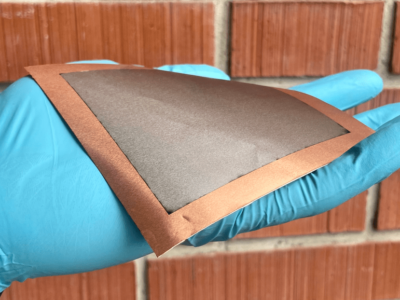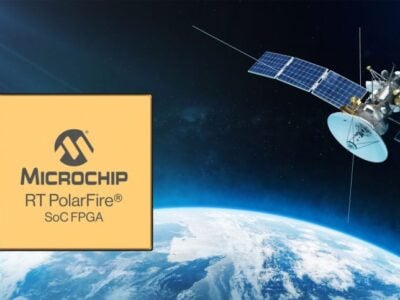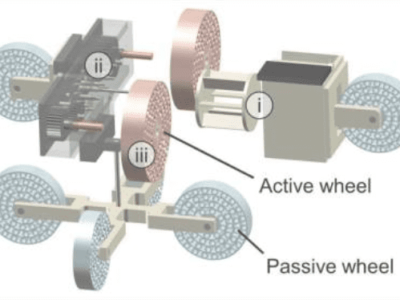
Wireless charging, two-way
A consortium consisting of Bosch, research institute Fraunhofer Institute for Solar Energy Systems (Fraunhofer ISE) and Greening GmbH has joined forces for the BiLawE project, aiming at enabling at stabilizing the energy flow from renewable sources (wind, sun) by buffering excess energy in the batteries of electric cars unused at the moment the energy is generated. Such concepts have been around for quite a while, but the BiLawE project has an additional goal: It will improve the convenience for car owners by making clumsy charging cables unnecessary.
The inductive charging system also extends the number of available battery storage to those vehicles currently not connected to a charging station by wire but instead wirelessly. The additional convenience offered through the elimination of charging cable and charging plug will significantly increase the number of vehicles connected and thus the capacity available, the research consortium estimates.
Another goal of the research project is developing a concept to profitably manufacture the components of the charging system as well as a business model for network services associated to feeding back excess energy.
The project is funded in part by the German federal government and the state of Baden-Württemberg.
More information: https://www.muse.iao.fraunhofer.de/de/forschung/prototyping/bilawe.html
 If you enjoyed this article, you will like the following ones: don't miss them by subscribing to :
eeNews on Google News
If you enjoyed this article, you will like the following ones: don't miss them by subscribing to :
eeNews on Google News




